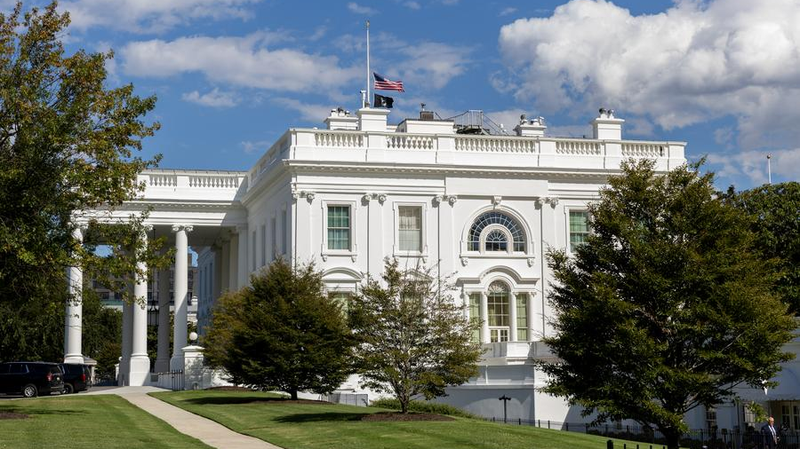As the US government shutdown enters its second week, everyday travelers are feeling the pinch. With Congress gridlocked, essential federal services are stretched thin—and nowhere is that more visible than on the tarmac.
Air traffic controllers, deemed essential, have been calling in sick at unprecedented rates. CNBC reports that on a recent Monday and Tuesday, 10,000 flights were delayed nationwide. One busy Los Angeles-area airport went nearly six hours without a single controller on duty, making headlines around the world.
So far, there have been no accidents, but experts warn this reprieve may not last. Every delay chips away at public trust, both at home and among America's global partners. For digitally savvy young professionals and global citizens planning business trips or remote adventures, the risk of canceled connections is more than an annoyance—it's a real disruption to work and life on the move.
Meanwhile, partisan rhetoric shows no signs of cooling down. Transportation Secretary Sean Duffy publicly demanded controllers "show up for work," but fellow Americans see the outcry as tone-deaf. "Imagine someone slapping you in the face and then ordering you to keep working," remarks on social media quipped, echoing growing frustration.
As delays mount and airport lines grow, investors, entrepreneurs, and thought leaders are watching closely. Will this stalemate tip America's air travel system into crisis? Or can lawmakers bridge the divide before trust—and planes—stay grounded indefinitely?
In a world interconnected by technology and travel, the ripples of Washington's deadlock reach far beyond domestic politics. For the travelers, business leaders, and changemakers who rely on a predictable flight schedule, the message is clear: when institutions falter, the impacts are global and immediate.
Reference(s):
cgtn.com




